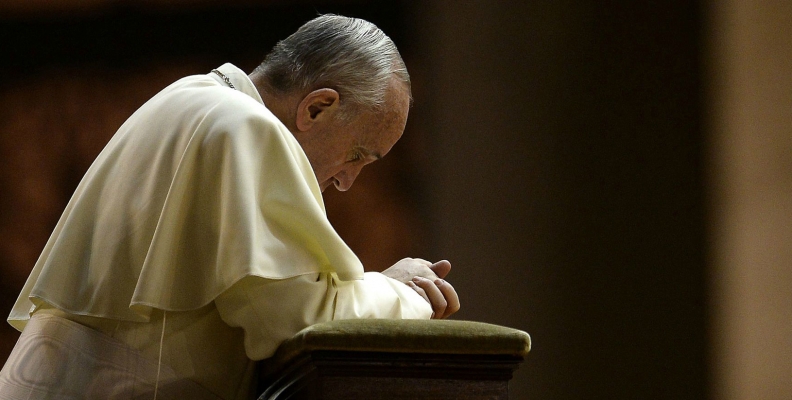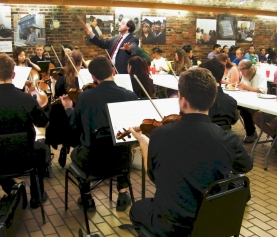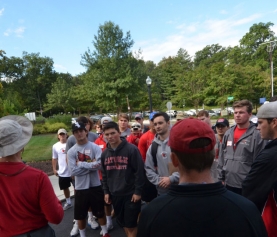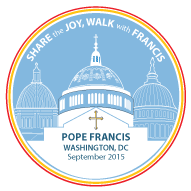
John Garvey: Walk with Francis
A new academic year begins with a sense of promise. We make ambitious plans: to bring our GPA up or our mile time down. To finish writing an article, or reading a book we agreed to review. But as the semester wears on it’s easy to let these resolutions slip.
The virtue that we need around the first of October is constancy. In After Virtue the philosopher Alasdair MacIntyre described it as the “reaffirmation in deed rather than in word” of the narrative unity of one’s life. To put it another way, it’s choosing concrete actions that reflect who you are and what you are about. Choosing those actions has a formative affect. They shape us into the people we strive to be.
It was an important virtue for Jane Austen. Take Elizabeth Bennett, the heroine of Pride and Prejudice. When the “conceited, pompous, narrow-minded, silly” Mr. Collins proposes to her, she refuses despite pressure from her mother, and the knowledge that the marriage would ensure her family’s financial security. It would be impossible, she says, for her to do otherwise. That’s because Lizzie knows her own character, and knows that to find happiness in marriage she must respect and esteem her partner for life.
It’s not just a virtue for love stories. Constancy is for all of our stories. As MacIntyre observed, if you want to answer the question, “what should I do?” in a particular situation, you need to consider, “of what sort of story . . . do I find myself a part?” When the alarm goes off at 6 a.m., constancy is the virtue that gets you out of bed in time for Mass, because you are Christian striving to grow in holiness. It’s the virtue that keeps you in the library when your friends call it a night, because you are student whose goal is to excel in your field. It is the virtue that gives you the conviction to opt-out of the hookup culture, because you are child of God made for love far greater than that.
Pope Francis is a good contemporary teacher of constancy. Worthy goals, the pope often reminds us, are not enough. We need to continually choose concrete means to achieve them. When, for example, he spoke about human trafficking in his message for the World Day of Peace this year, he reminded us that all people are children of God. That means we must “recognize in every other person a brother or sister in our human family.” But Francis didn’t stop there. He called for concrete acts of fraternity: Avoid buying goods produced through exploitation. Smile at a stranger on the street.
Francis’s point is simple: If we call ourselves Christians, we must affirm that fact in our actions. This is constancy.
As we prepare to welcome Pope Francis to the United States and to our campus in less than three weeks, the Archdiocese of Washington has challenged us to Walk with Francis by making concrete commitments to pray, serve, and act.
There are myriad ways to do this. Pray daily for the Holy Father, commit to reading a psalm a day. We can pray. Visit the elderly in your community, support a worthy charity. We can serve. Stand up for important truths like the dignity of the human person and basic goods such as family life and religious freedom. We can act.
The important thing is to make a specific commitment, and to keep it.
— John Garvey is President of The Catholic University of America. A version of these remarks was originally given at The Catholic University of America’s Mass of the Holy Spirit, September 3, 2015.








